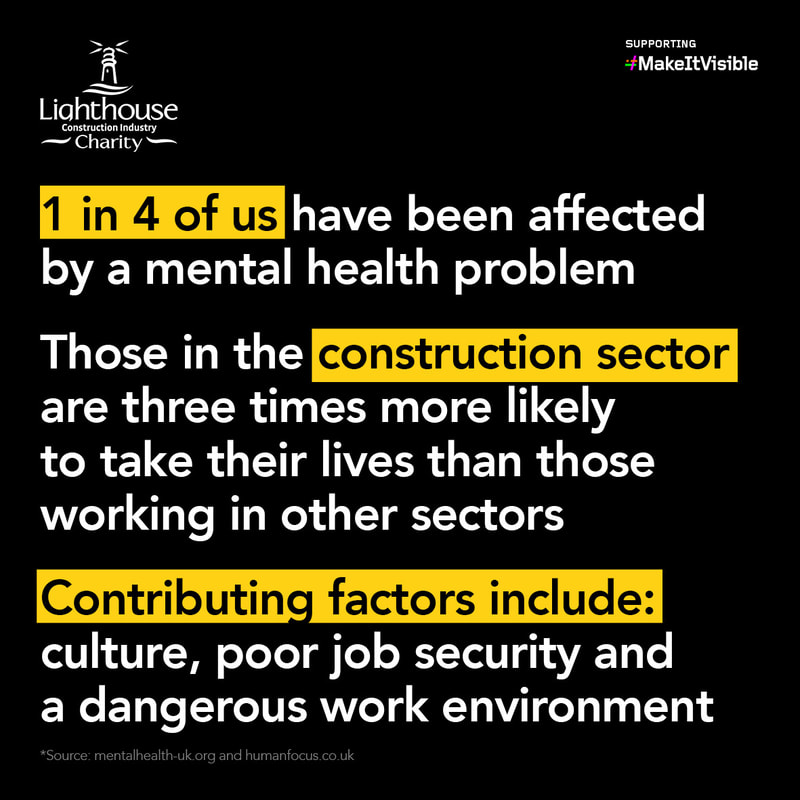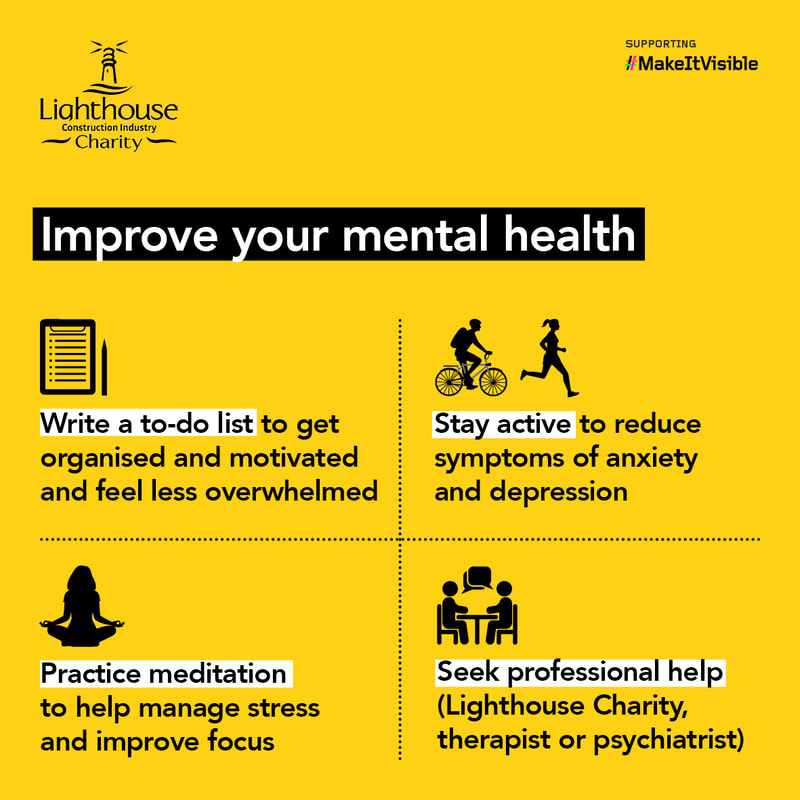|
World Mental Health Day
A global initiative promoted on October 10th each year to raise awareness about mental health issues, reduce stigma, and advocate for better mental health support and resources worldwide. It is a day to come together and collectively make a difference in the lives of individuals struggling with mental health challenges. Why Mental Health Matters Mental health is just as important as physical health. It affects our thoughts, emotions, and actions, influencing every aspect of our lives. Yet, stigma, discrimination, and a lack of resources prevent many from seeking help or receiving the support they need. This is why World Mental Health Day is crucial. |
What can you do to improve your mental health?
Remember, improving your mental health is a journey, and it's okay to seek help and take small steps towards better mental well-being. Everyone's path is unique, so find the strategies that work best for you and don't be discouraged by setbacks. Your mental health is worth investing in, and seeking help is a sign of strength, not weakness.
Remember, improving your mental health is a journey, and it's okay to seek help and take small steps towards better mental well-being. Everyone's path is unique, so find the strategies that work best for you and don't be discouraged by setbacks. Your mental health is worth investing in, and seeking help is a sign of strength, not weakness.
GET HELP NOW
|
24/7 Construction
Industry Helpline 0345 605 1956 (UK) 180 939 122 (ROI) |
Text HARDHAT
Support Service Text HARDHAT to 85258 (UK) Text HARDHAT 50808 (ROI) |












